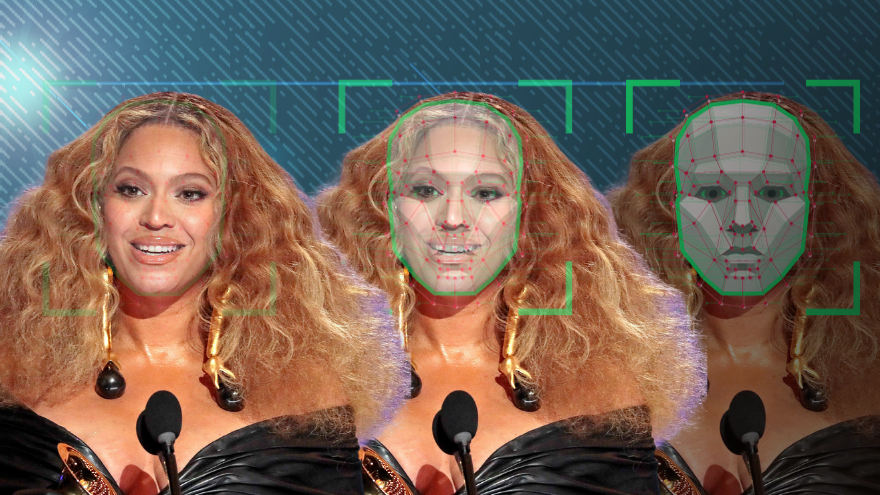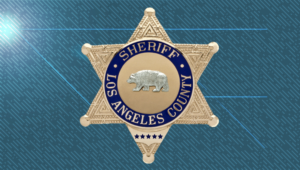Attendees at the Cardiff stop of Beyonce’s Renaissance tour were scanned using facial recognition so law enforcement could identify any pedophiles or terrorists.
Details of the scanning process at the May 17 event were discussed during a hearing in Westminster called to review law enforcement’s efforts to prevent crime.
South Wales Police and Crime Commissioner Alun Michael called the screening system “entirely sensible” and noted that the concert was attended by “very large numbers of young girls,” per the BBC. He also said using facial recognition technology at events with larger crowds has become a common practice since the May 2017 bombing at the Manchester Arena during an Arianna Grande concert.
The bombing, which resulted in the deaths of 22 people and injured over 100 more, was perpetrated by 22-year-old suicide bomber Salman Abedi. His brother, Hashem Abedi, aided in his plot and ISIS claimed credit for the attack. The bombing was the deadliest act of terrorism in the United Kingdom since the 2005 metro bombings in London.
Some privacy advocates and human rights groups have objected to the use of facial recognition technology. They have expressed concerns about the expansion of government surveillance and potential violations of the individual right to privacy.
Big Brother Watch, a civil liberties activist group, has objected to the increased use of facial recognition software across the U.K.
“Police and private companies in the UK have been quietly rolling out facial recognition surveillance cameras, taking ‘faceprints’ of millions of people — often without you knowing about it,” says the group. “This is an enormous expansion of the surveillance state — and it sets a dangerous precedent worldwide. We must stop this dangerously authoritarian surveillance now.”
Michael defended the practice while giving evidence at the hearing.
“There’s been a lot of misunderstanding thinking that images are captured and kept – they’re not,” he said. “The only image that is retained is of an individual who’s identified as being one of the people you’re looking for.”
During Beyonce concerts or other live events, a camera conducts live facial recognition scans while comparing the faces of people on a “watch list” created by police. The recorded footage is kept for 31 days after the event.
“When there is a live facial recognition deployment I am informed in advance and told what the watchlist is,” said Michael. “It’s an operational decision which I am, in live time, able to review and check.”
The use of facial recognition software at the Beyonce concert was reported in advance. At the time, a spokesperson for law enforcement in Cardiff said the technology would only be used in the city center and not at the stadium.
“The news comes as ministers call for facial recognition technology to be ‘embedded’ in everyday policing, including body-worn facial recognition technology by officers,” reported The Guardian. “The use of [live facial recognition] by South Wales police has been resumed after the force lost a landmark ruling in 2020 for breaching human rights and failing to properly investigate whether the software exhibited any racial or gender bias.”

